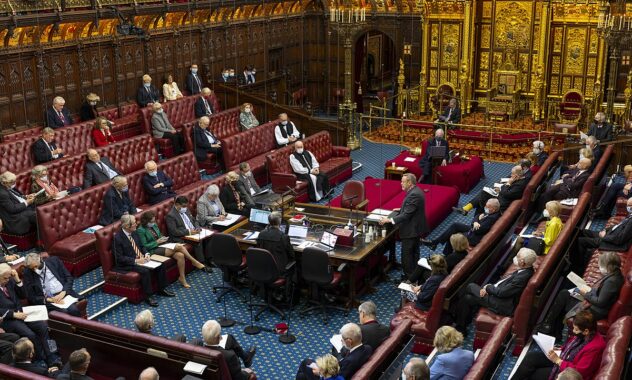Officers urged to make their voices known through industrial rights ballot.

The Police Federation of England and Wales has promised to do “everything we can to get the right results for our members” when it comes to seeking fair police pay.
Officers are to be balloted on whether the Federation should seek industrial rights on officers’ behalf, and members up and down the country have been urged to take part in the vote.
Tiff Linch, PFEW Deputy National Chair, told the conference in Manchester:
“Have patience. For now we are doing everything that we can to get the right results for our members. We will get the clear mandate from our membership and we will do everything in our power…to get fair pay.”
The move will take time, she warned.
Tiff said:
“This dates back to 1919. It’s never been a smooth process. We’ve had reviews, we’ve had reports, we’ve had committees….It’s never going to be a quick process. But it is fair to say that our members have had enough. They feel as though they’re being held to ransom. They’re expected to do more for less. It’s a bit like a begging bowl.
This year we were ordered a 7% pay rise, next year we have absolutely no clue what we’re going to get. And all we are wanting is fair pay and a fair seat at the table to actually negotiate the terms and conditions that are expected of the last line of defence in the public service in upholding the law – so that we actually get police officers joining the organisation and wanting to stay because they’re getting paid fairly.”
Gemma Fox, Deputy National Secretary, called on officers to make their voices known through the ballot.
She added:
“I reflect now on the Edmund Davis review, and actually I would say it’s as relevant today as it was in 1978. This is because the Edmond Davis review said that there should be a system whereby police pay is determined through a collective bargaining process, and that is what we’re asking for.”
The conference also heard from Lord John Hendy KC, who has represented Deliveroo drivers on employment rights at the Supreme Court:
“There is quite a lot of law involved with collective bargaining. Under the European Convention of Human Rights, the European Court of Human Rights states the right to collective bargaining is a fundamental human right and an essential element under Article 11.
“The International Labour Organisation protects the right to collective bargaining in international law, but in national law, officers do not have the right to strike or bargain collectively.”
He listed a number of options open to the Federation, including asking the Home Secretary for the right to bargain collectively in place of the current mechanism. Lord Hendy said:
“And if the Home Secretary refuses, then we take her to judicial review on the basis that the law doesn’t comply with international human rights.
More detail on this story here.







